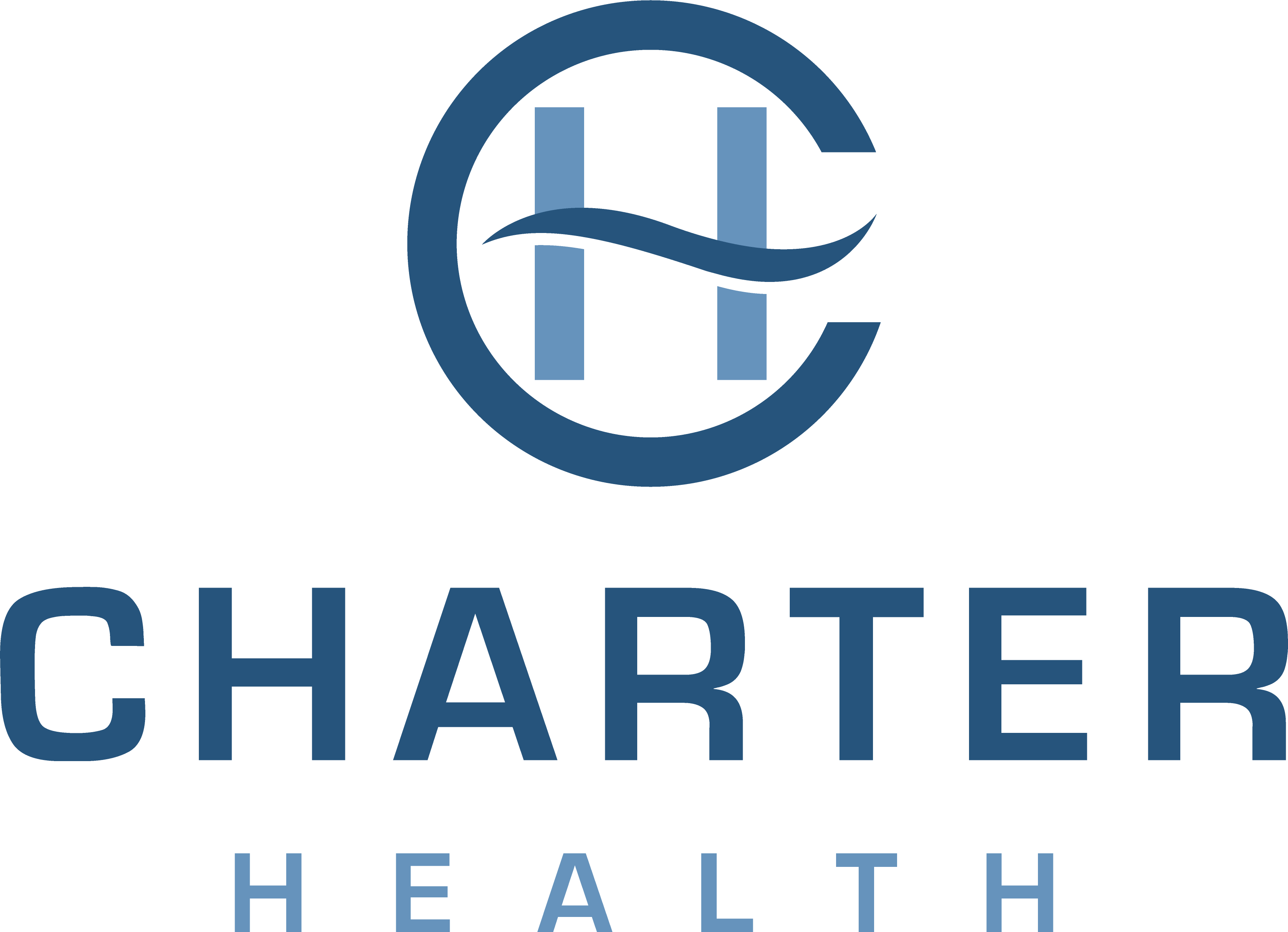providing comprehensive healthcare in salem, ma
High Blood Pressure
All you Need to Know
High blood pressure, or hypertension, affects one out of three adults in the United States today. Uncontrolled high blood pressure puts added strain on the heart and is a risk factor for heart attack, stroke, and other serious medical events. At Charter Health PC, our skilled team will work with you to reduce your blood pressure to healthy levels. Request your appointment online or call the office today!
What is High Blood Pressure and how common is it?
High blood pressure, or hypertension, is a common medical problem in which the pressure in the arteries of the body is higher than it should be. Arteries are the blood vessels that carry blood from the heart to deliver oxygen and other nutrients to the body. It forces the heart to work harder than it should and strains the walls of the arteries. People with uncontrolled hypertension are at higher risk for heart attack, heart failure, stroke, vision loss, and other chronic medical events.
This medical condition is very common, affecting one of every three adults in the United States. It is the most common medical problem we see in adult primary care. The Charter Health team are experts in managing this medical issue and other related conditions. Please call our office at 978-354-4611 to learn about us and meet our compassionate staff.
Understanding Your Blood Pressure Taking
Blood pressure is measured with two numbers. The first number, called systolic pressure, is the pressure inside your arteries immediately after your heartbeats. Normal systolic blood pressure is most often defined as less than 120mmHg. The second number, diastolic pressure, is the pressure between heartbeats when the heart is at rest. Normal diastolic blood pressure is less than 80mmHg.
Stages of High Blood Pressure & Treatment Approach
There is some variation in the definitions of what is normal or safe for people of different ages. The pressure is measured in millimeters of mercury (mmHg).
- Systolic pressure is less than 120 and diastolic less than 80.
- Elevated or “prehypertension”. Systolic pressure 120-129 with diastolic less than 80.
- Lifestyle modifications to diet and exercise will be recommended.
- We often suggest you measure BP at home and report the values to us periodically.
- Hypertension stage 1. Systolic pressure 130-139 or diastolic 80-89.
- Lifestyle modifications will be strongly encouraged.
- If after 3-6 months the BP remains in stage 1, we will usually recommend starting a single blood pressure medication.
- Hypertension stage 2. Blood pressure >140/90.
- Lifestyle modification will be aggressively pursued.
- A blood pressure medication must be considered as consistently high BP in this range will lead to long term organ dysfunction.
- Some patients require more than one blood pressure medication.
- Hypertension “crisis”. Blood pressure >180/110.
- BP that is elevated is very serious and requires immediate attention.
- A hypertensive emergency exists when BP is this high and the patient experiences symptoms, most concerning being chest pain, confusion, headache, vision loss, and nausea. If this occurs call 911.
Dangers of High Blood Pressure
When the BP is consistently very high it leads to atherosclerosis over time as well as acute, life-threatening events:
- This is the buildup of plaque (cholesterol and fat) in the arteries, both large and small. The strain of this medical condition damages the inside surface of the arteries making them more susceptible to plaque buildup.
- Heart attack: A heart attack is the loss of blood flow to the heart muscle and most commonly is the result of a plaque rupture in one of the heart’s arteries.
- Heart failure: High blood pressure makes the heart work harder than it should. Over time this leads to strain and remodeling of the heart muscle and reduced ability to pump blood.
- A stroke is a loss of blood flow to a part of the brain. Strokes occur when an artery is acutely blocked or an artery breaks causing bleeding in the brain.
- Vision loss: Longstanding high blood pressure damages the tiny arteries that supply the eye leading to vision loss.
- Kidney failure: Longstanding high blood pressure can damage the small arteries of the kidneys. This can lead to severe kidney disease, particularly in African Americans and in those who suffer from both diabetes and hypertension.
Risk factors for Hypertension
There are several, well-studied risk factors for the development of hypertension. Some of these can be avoided and others can be managed.
- Modifiable risk factors
-
- Smoking
- Being overweight
- Being inactive
- Drinking too much alcohol
- Eating too much salt
- Using drugs such as cocaine and amphetamines
- Too much stress at home or work
- Having sleep apnea
- Having chronic kidney disease
- Non-modifiable risk factors.
-
- Age: The older you are the greater your risk for developing high blood pressure.
- Race: Hypertension is more common in Americans of African descent, followed by Caucasian, Hispanic, and Asian Americans. However, significant differences (heterogeneity) have been found within these broad ethnic definitions suggesting a combination of genetics and socioeconomic factors.
- Family history: It also tends to run in families.
Serving Patients throughout Massachusetts & New Hampshire
At Charter Health, we offer a variety of services and treat multiple common conditions. When you choose Charter Health Primary Care, you can count on compassionate, top-quality care from a team committed to your long-term well-being. Click below to view all services!

